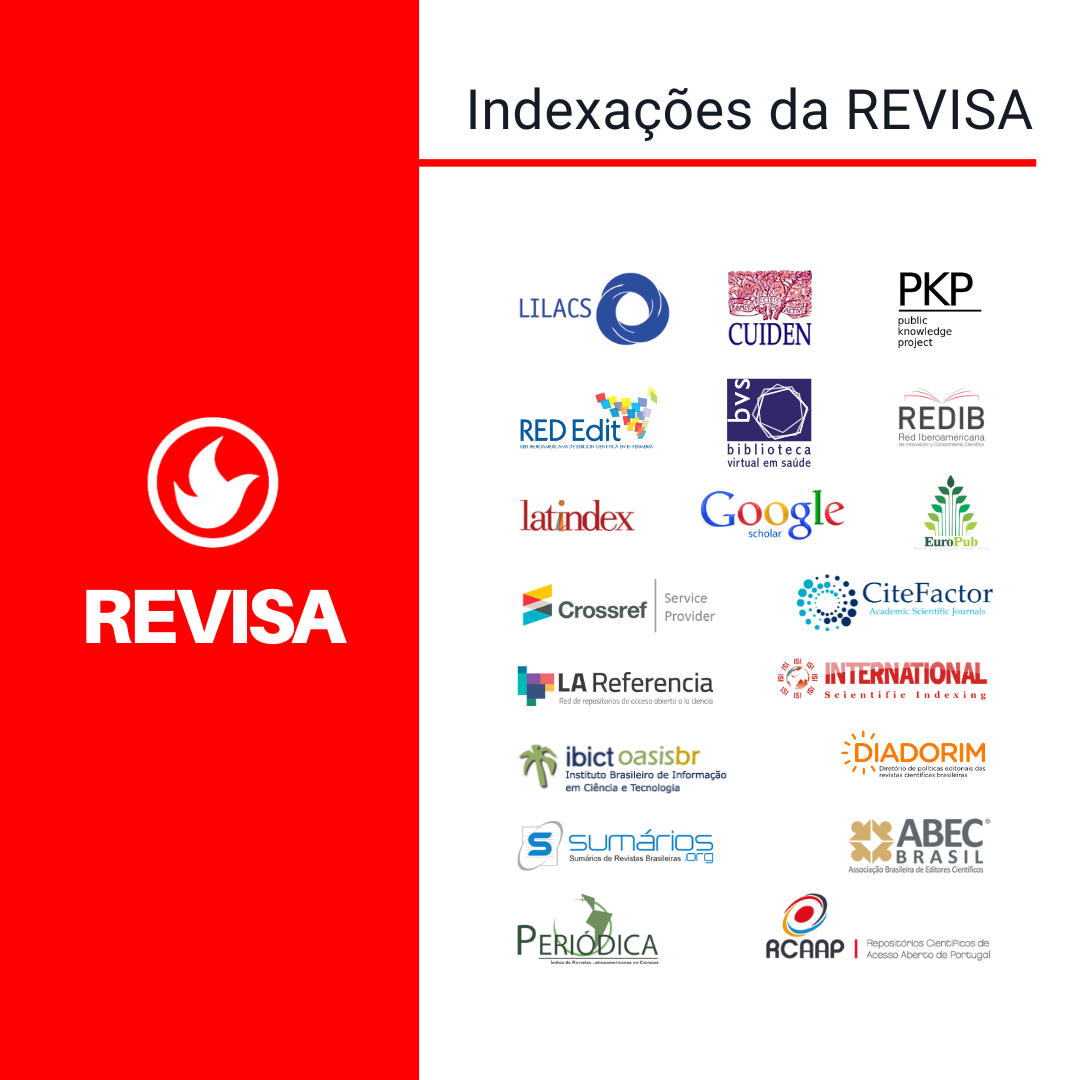CONSTRUCTION OF THE INSTRUMENT FOR EVALUATION OF TOLERANCE IN FRIENDSHIP RELATIONS
Keywords:
Friendship, Social development, Affection, Human relationships, ConstructivismAbstract
The human being has a deep need for belonging, that is, to establish bonds with other people in relationships that provide constant positive interactions. The goal was to construct an instrument for assessing tolerance in the relationship of friendship and also to unravel the characteristics of interpersonal relationships, specifically in relation to tolerance in friendships. It is a methodological study that was carried out from June to December 2018. To guide the construction of the Instrument for the Evaluation of tolerance in ETFS friendship relations, likert type, the evaluation items were constructed and presented. The procedures for constructing the items were based on the guidelines of França and Schelini 2014 in the Semantic Analysis and Evidence and Reppold, Gurgel and Hutz 2014 based on the process of construction of psychometric scales. We interviewed 42 students from the health area of a private university in the state of Goiás, with female predominance. The most relevant variables were: "friendship is accepting the other person the way it is" and "I accept the defects of my friends, because I know I have defects too". It is concluded that friendship relations are rarely disinterested or altruistic. They are often intended to fulfill emotional needs, including the need to be accepted.
References
Bukowski W, Hoza B, Boivin, M. Measuring friendship quality during pre- and early adolescence: The development and psychometric properties of the friendship qualities scale. Em: Journal of Social and Personal Relationships. 1994; 11(3): 471-484.
Souza LK, Hutz CS. Relacionamentos pessoais e sociais: amizade em adultos. Psicol. estud. 2008; 13, n. (2): 257-265. Available from <http://www.scielo.br/scielo.php?script=sci_arttext&pid=S1413-73722008000200008&lng=en&nrm=iso>. access on 07 May 2019. http://dx.doi.org/10.1590/S1413-73722008000200008.
Argyle M. The Psychology of Happine.2. ed. C London: Routgled; 2001 https://doi.org/10.4324/9781315812212
BERTI E. A relação entre as formas de amizade segundo Aristóteles. Analytica. Revista de Filosofia, [S.l.]. 2013; 6(1): 23-44. Disponível em: <https://revistas.ufrj.br/index.php/analytica/article/view/459>. Acesso em: 07 maio 2019.
Fehr B. Friendship processes. 1. ed. London: Sage; 1996.
Erbolato RML. (2006). Relações sociais na velhice. In E. Viana Freitas (Org.). Tratado de geriatria e gerontolo
Mendelson MJ, Aboud FE. Measuring friendship quality in late adolescents and young adults: McGill Friendship Questionnaires. Canadian Journal of Behavioural Science / Revue canadienne des sciences du comportement. 1999; 31(2): 130-132. http://dx.doi.org/10.1037/h0087080
Reppold Caroline Tozzi, Gurgel Léia Gonçalves, Hutz Claudio Simon. O processo de construção de escalas psicométricas. Aval. psicol. [Internet]. 2014 Ago [citado 2019 Maio 07] ; 13( 2 ): 307-310. Disponível em: http://pepsic.bvsalud.org/scielo.php?script=sci_arttext&pid=S1677-04712014000200018&lng=pt.
França Alex Bacadini, Schelini Patrícia Waltz. Análise semântica e evidências de validade da escala metacognitiva para idosos. Aval. psicol. [Internet]. 2014 Dez [citado 2019 Maio 09] ; 13( 3 ): 333-341. Disponível em: http://pepsic.bvsalud.org/scielo.php?script=sci_arttext&pid=S1677-04712014000300005&lng=pt.
Antunes João Lobo. “Da Amizade”. Rev. Port. Cir. [Internet]. 2013 Jun [citado 2019 Maio 07] ; ( 25 ): 31-34. Disponível em: http://www.scielo.mec.pt/scielo.php?script=sci_arttext&pid=S1646-69182013000200005&lng=pt.
Myers DG. Psicologia Social. 10. ed. Porto Alegre: Amgh; 2014.
Myers DG. (2000). The funds, friends, and faith of happy people. American Psychologist. 2000; 55 (1): 56-67.
Gikovate F. Como aceitar as diferenças [texto na Internet];2018; [citado 2019 maio 7]. Disponível em: http://flaviogikovate.com.br/como- aceitar-as-diferencas/
Borsa JC. (2013). O papel da amizade ao longo do ciclo vital. Psico-USF.2013; 18(1):161-162.
Downloads
Published
How to Cite
Issue
Section
License
Copyright (c) 2025 Revista de Divulgação Científica Sena Aires

This work is licensed under a Creative Commons Attribution 4.0 International License.
-
Atribuição — Você deve dar o crédito apropriado, prover um link para a licença e indicar se mudanças foram feitas. Você deve fazê-lo em qualquer circunstância razoável, mas de nenhuma maneira que sugira que o licenciante apoia você ou o seu uso.
- Sem restrições adicionais — Você não pode aplicar termos jurídicos ou medidas de caráter tecnológico que restrinjam legalmente outros de fazerem algo que a licença permita.





